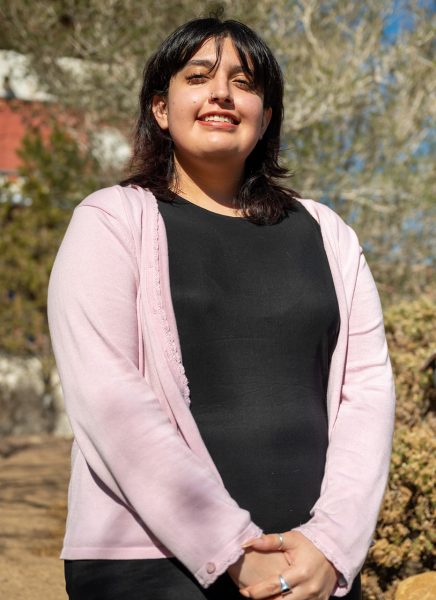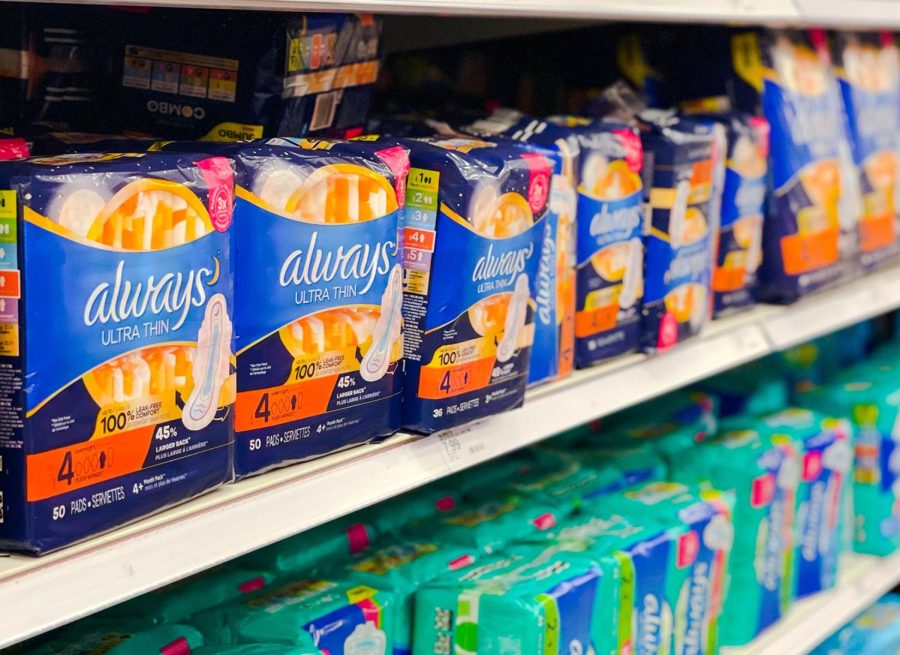With bodily autonomy and equality being a massive issue in the U.S. right now, people are looking for better accessibility for contraceptives, maternity care and period products. One company trying to combat the disparities in health care for those with periods is CVS.
For background, Alliance for Period Supplies says there are currently 22 states that charge a sales tax on period products.
In Indiana, Mississippi, and Tennessee, the sales tax ranges from four to seven percent. There are only five states within the U.S. that do not charge a tax on these products, but there is still an issue of cities charging a local sales tax.
These taxes are commonly referred to as a “pink tax” or a “tampon tax.” The use of the term “pink tax” refers to the extra taxes or higher prices on female hygiene products.
This spans from items like razors and shaving cream, to deodorant to pads or tampons. The only difference compared to men’s products is the colorful packaging and floral scents used to market goods towards women.
CVS wants to fight this by lowering the prices on company brand period products by 25 percent and paying the pink tax. The states this will effect are Arkansas, Georgia, Hawaii, Louisiana, Missouri, South Carolina, Tennessee, Texas, Utah, Virginia, West Virginia and Wisconsin. Iitems that will be reduced in price and met in sales tax are tampons, pads, cups and liners.
According to the Journal of Global Health Reports, in the U.S. alone, there are 500 million people with no access to menstrual products and 16.9 million people living in poverty who menstruate. This means that at a base level these hygiene necessities are inaccessible to large populations. Some are happy about CVS’ decision as it may help with the financial burden.
“It sucks that it’s even necessary that we have a pink tax. But it is encouraging to hear that CVS is picking up that slack for its consumers,” said UTEP senior Samantha Garcia, who is majoring in history and minoring in women and gender studies. “Because it is a company, it can definitely take the cost more than an individual person who needs these products can.”
While this might be considered a gender exclusive issue, women are not the only people who menstruate. Period poverty affects groups of all ages and gender identities.
“Gender is very expansive, it’s much larger than this dichotomy would have you think,” Garcia said. “Also, within that dichotomy, there are men who have uteruses and who need these products.”
Some individuals are glad about this news as they feel it is a basic first step in healthcare accessibility. One UTEP student said that she feels it is necessary to lower the price on what would otherwise be considered medical equipment for a bodily function.
“I’m really happy with this. I believe that healthcare should be cheaper if not free for everyone, but it is not,” said senior Robbie Vazquez, majoring in metals and a minor in sculpture. “This is a tiny step, but it is a good step for women and other people that have periods. I myself don’t have a period, but the fact that half of the U.S. is going to get this is really big.”
Other people are excited about how this will affect the school systems, especially regarding public education and children in middle and high school. While she commends the progressive steps that CVS is taking, Pebble Hills High School teacher Sandy Romo still thinks there is work to be done.
“Working within the school system, I have seen firsthand the benefits of providing our young ladies access to free period products,” Romo said. “It alleviates stress, embarrassment, and assists in building reliability regardless of financial backgrounds. To help curb the discrepencies that we see within the community at large, free access to these products would be ideal.”
While it may seem like a small change, CVS is working to help close the gaps of inequality for menstruation products.
For more information, visit the company website at cvs.com.
Meagan Garcia is the arts & culture editor and may be reached at [email protected].
CVS says bye-bye to the ‘pink tax’
Due to the higher prices on feminine hygiene products, CVS is lowering their prices down by 25 percent.
0
About the Contributors

Meagan Elizabeth García, Arts & Culture Editor
Meagan Elizabeth García is the arts and culture for The Prospector. She is a senior, majoring in mechanical engineering at UTEP. She is also the vice-president for the Creative Writing Society with hopes of continuing a writing career while also working for NASA as an engineer.

Jasmin Campoya, Photographer
Jasmin Campoya is a bilingual student who is a senior currently majoring in digital media production at UTEP. She is a staff photographer for The Prospector, a photo editor for Minero Magazine, and is currently a social media and marketing intern for El Paso Inc. All while being a full time student, she also takes photos for her own small business, JasminCPhoto. Jasmin plans on continuing photography and hopes to work full time at an El Paso publication.
More to Discover











